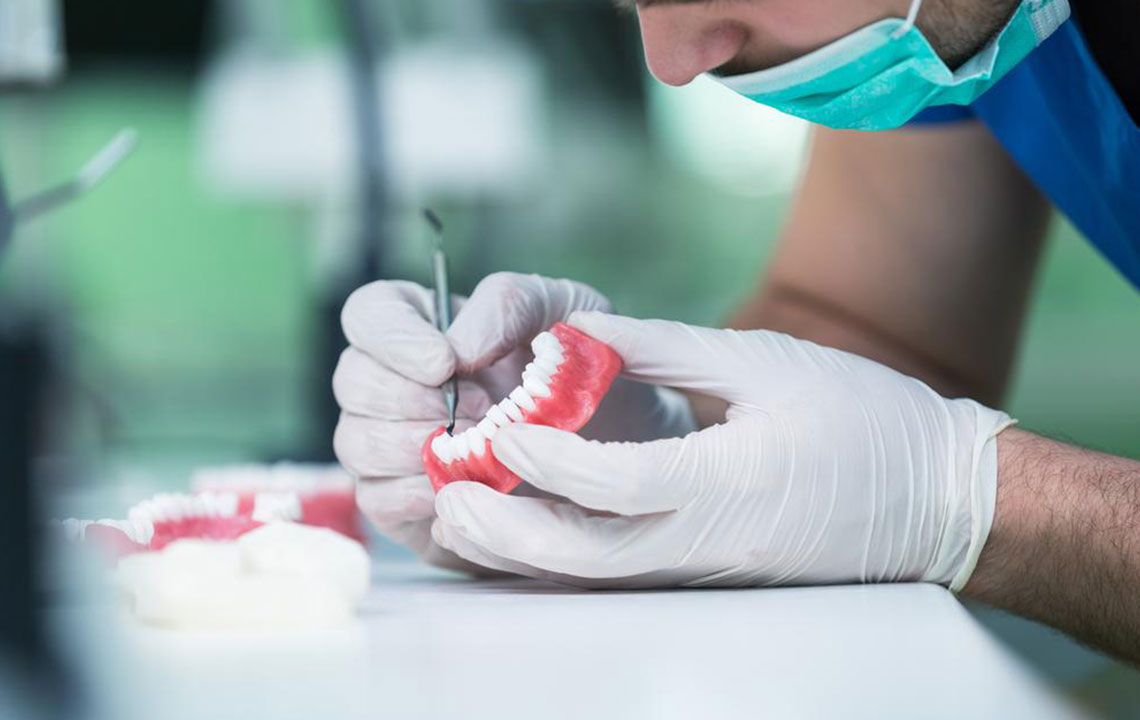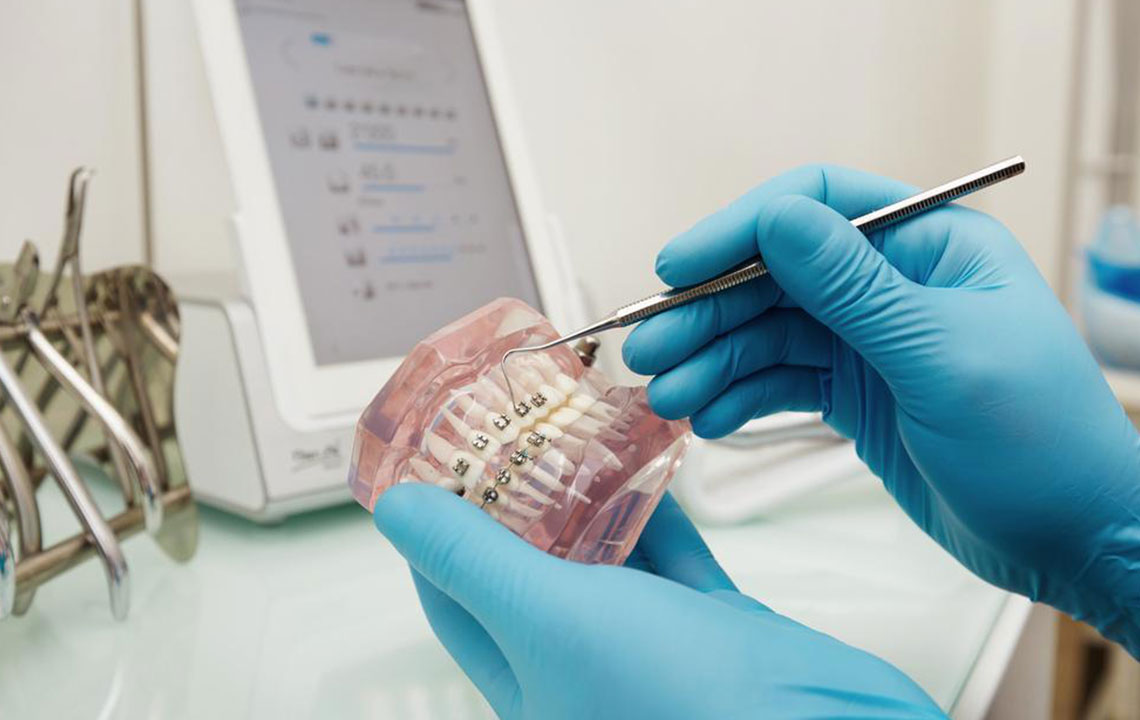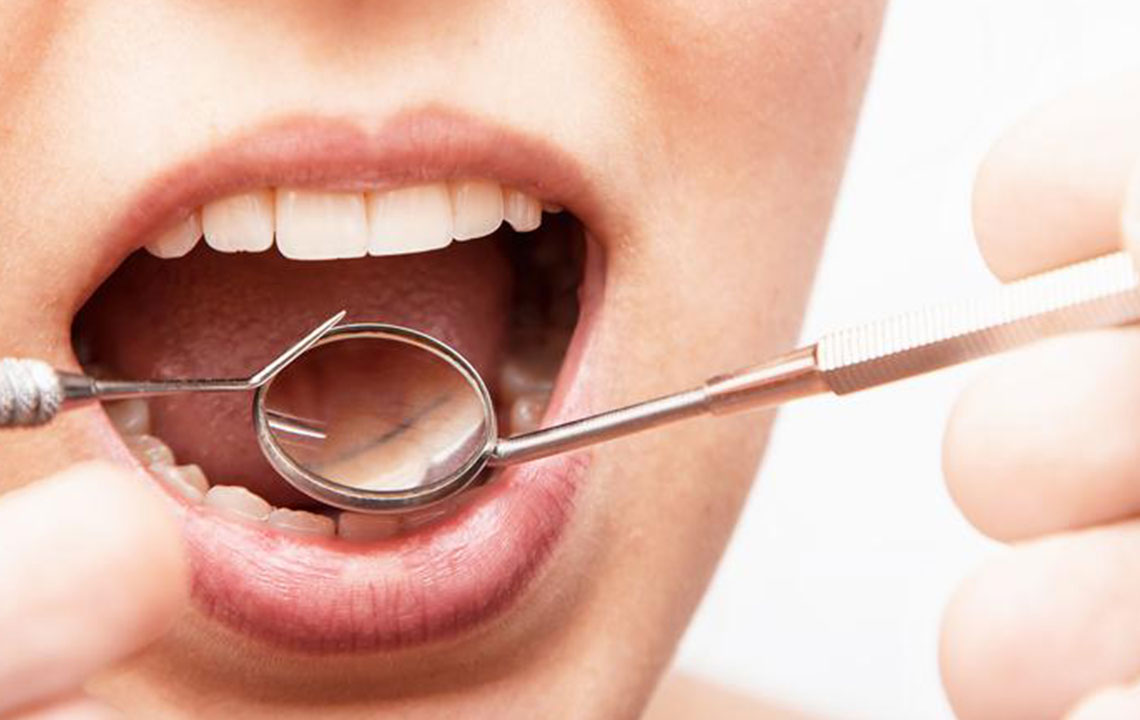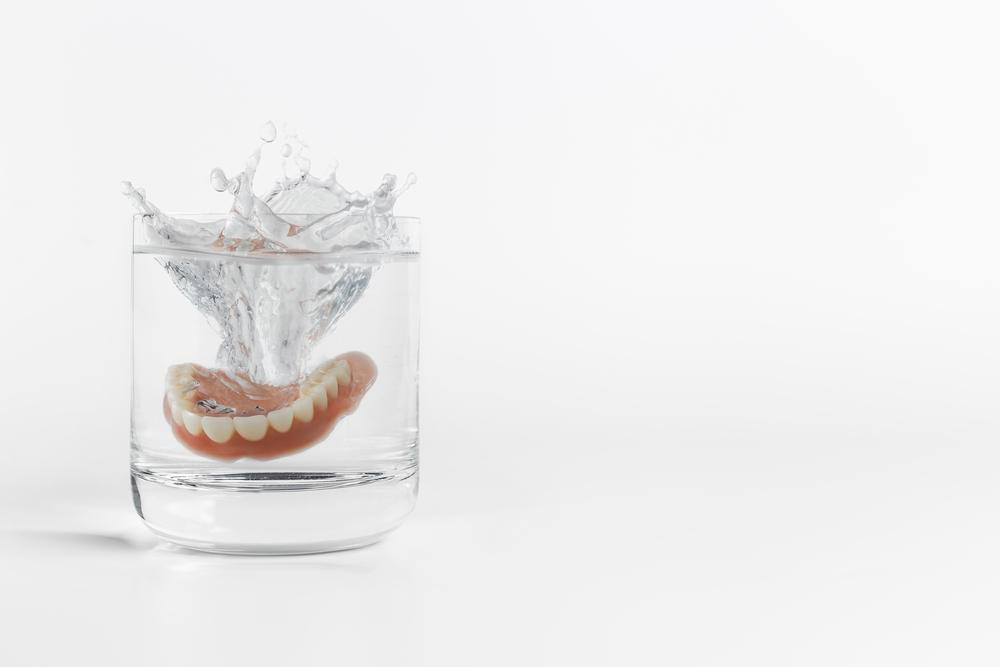Comprehensive Guide to Proper Denture Maintenance and Care
Discover expert tips for maintaining and caring for your dentures effectively. Proper cleaning, regular dental visits, and thoughtful storage can prolong the lifespan of your dentures by 5-7 years. Learn how to keep your prosthetics in top condition with gentle cleaning, overnight soaking, and periodic check-ups. This comprehensive guide covers essential practices to prevent damage, ensure comfort, and promote oral health. Whether you're new to dentures or looking to upgrade your care routine, these practical tips will help you preserve your smile and oral function for years to come.

Comprehensive Guide to Proper Denture Maintenance and Care
Effective Strategies for Maintaining Your Dentures
Dental prosthetics, commonly known as dentures, offer a reliable solution for individuals missing one or more teeth. These prosthetic devices, often crafted from materials such as high-quality ceramics or acrylic resins, are meticulously designed to mimic the appearance and function of natural teeth. Unlike dental implants, which are permanently fixed, dentures are removable appliances that require diligent maintenance to ensure their longevity and the overall health of your mouth. Dentists typically recommend full or partial dentures depending on the extent of tooth loss and the patient's specific oral health condition. Full dentures substitute entire dental arches after all natural teeth in that arch have been extracted, necessitating personalized impressions and custom acrylic bases for a comfortable fit. Partial dentures, on the other hand, are employed to fill in gaps left by missing teeth, often preferred over traditional bridges due to their less invasive nature. The cost of dentures varies based on materials, type, and geographic location, with full sets generally priced between $1,000 and $3,000. Proper denture care not only sustains their functional life but also promotes a healthy oral environment, preventing complications such as infections, bad breath, and damage to the device itself.
Maintaining your dentures properly is key to ensuring they serve you well for many years. On average, well-maintained dentures last between 5 to 7 years, but diligent care can extend their lifespan. Below are essential steps and expert tips to help you keep your dentures in optimal condition, preserving both their appearance and functionality while safeguarding your oral health.
Consistent Cleaning Practices
After every meal, it’s crucial to rinse your dentures thoroughly to eliminate food particles and prevent plaque accumulation. Use lukewarm water—hot water can distort or warp the material. Gentle rinsing maintains their appearance and reduces staining. For a more thorough cleaning, remove the dentures and rinse or soak them separately, ensuring no food debris is left behind.
Gentle Brushing Routine
Use a soft-bristled toothbrush or a specialized denture brush along with non-abrasive denture cleansers. Avoid using regular toothpaste, which can be too abrasive and scratch the surface. Proper brushing removes plaque, preventing stains and deposit build-up, resulting in a feeling of freshness and confidence in your smile. Be cautious not to apply excessive force to avoid damaging delicate parts of the denture.
Overnight Soaking and Storage
Never wear your dentures during sleep. Instead, soak them in a mild cleaning solution or denture-soaking solution recommended by your dentist. This process helps disinfect and remove any residual bacteria or stains. Before reinserting, rinse thoroughly with water. Choose soaking solutions that are free of harmful chemicals to prevent irritation or damage. Proper storage in water or a denture cleaning solution keeps the prosthetic moist, vital for maintaining its shape and fit.
Regular Dental Check-ups
Routine dental visits are essential to assess the fit and condition of your dentures. During these appointments, dentists can professionally clean your dentures, check for cracks or signs of wear, and adjust fittings as needed. Loose-fitting dentures can cause discomfort and may harm your gums; timely adjustments can prevent these issues. Scheduling biannual or annual visits ensures your dentures remain functional, comfortable, and hygienic. You can locate qualified dentists nearby through online directories for check-ups or second opinions.
Additional Tips for Maximizing Denture Durability
Always use a soft-bristled brush and avoid harsh chemicals or abrasive pastes that can scratch the surface.
Refrain from trying to bleach or whiten dentures with peroxide-based products meant for natural teeth since these are ineffective and may damage the prosthetic material.
Never expose dentures to hot or boiling water, as high temperatures can cause warping or deformity, compromising their fit and function.
Handle dentures with care to prevent accidental drops or fractures. When cleaning, do so over a soft towel or folded cloth to cushion against impacts.
Adhering to these comprehensive denture care steps ensures your prosthetics function optimally, look natural, and contribute to maintaining your overall oral health. Proper maintenance reduces repair or replacement costs and enhances your quality of life by preserving your smile and confidence.
(TAGS-Dentures, Denture Care Tips, Dentist Advice, Oral Hygiene, Prosthetic Maintenance)




